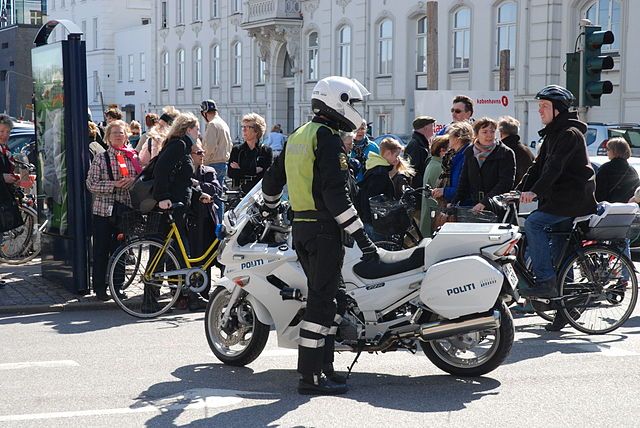It was a busy day in Parliament yesterday, where new law enforcement legislation was approved to increase the safety of our communities.
Municipalities can appoint security guards
First off, the country’s municipalities will soon be able to appoint their own ‘police officers’ to provide extra presence on busy occasions, such as large outdoor parties, and in troubled neighbourhoods.
The so-called ‘tryghedsvagterne’ (security guards) will have limited authority, but it is hoped their presence will deter antisocial and criminal behaviour.
“I hope the country’s municipalities will welcome this, as it could contribute to their work in creating security for the public,” commented the justice minister, Peter Hummelgaard.
Initially, the ‘tryghedsvagterne’ can be used over the course of a three-year trial. They must first undergo training.
Football clubs and police will share more info
Secondly, the police have been granted more powers to deal with football hooligans. The legislation, initially announced last October and made into a proposal in February, was backed by a broad majority.
From July 1, both the police and clubs will have more tools to combat the problems. For example, the police will be authorised to share more information with the clubs about potential trouble-makers.
Furthermore, fans convicted of a wider range of crimes will now be banned from stadiums, while the clubs will be able to eject somebody from a stadium if “they exhibit unsettling behaviour in connection with high-risk matches”.
“It must be safe and fun to go to football with family and friends throughout the country, and we must therefore combat all incitement to violence, trouble and vandalism in connection with matches,” commented Hummelgaard.
The legislation comes in the wake of a perceived upturn in football hooliganism.













